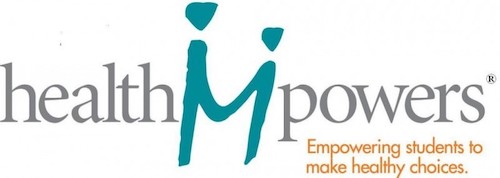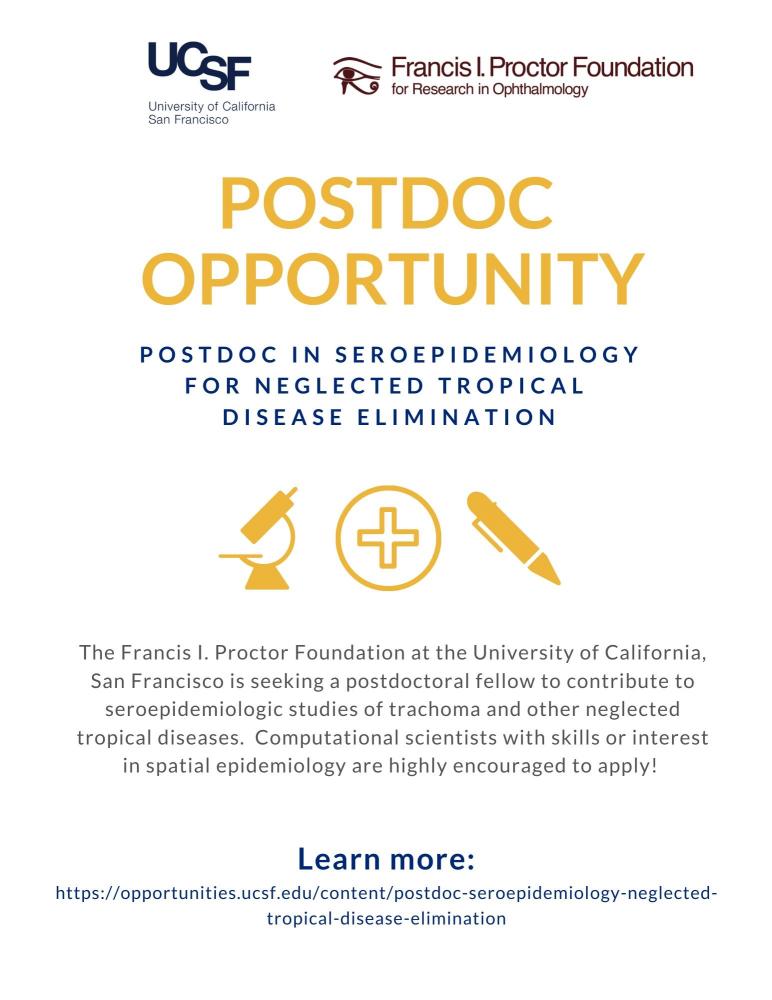Data Analyst, HealthMPowers
Category : Post-Grad Student Opportunities
Description:
The Data Analyst will manage the collection, analysis, reporting and storage of data from a variety of platforms and sources.
Duties and Responsibilities:
- Assist sectors in program evaluation and reporting guided by SNAP-Ed Guidance, SNAP-Ed Framework and state program reports
- Prepare unduplicated direct nutrition education counts and participating qualifying site location reports for SNAP-Ed monthly, quarterly and annual reports.
- Prepare monthly, quarterly SNAP-Ed reports
- Assist with the development of the SNAP-Ed annual report and EARS report
- Oversee data cleaning, coupling, analyses and complex survey analysis using appropriate software data resources (e.g. RStudio, SAS, Qualtrics, SPSS, REDCap, DataFax, MAXQDA)
- Prepare data visualizations as requested
- Review and ensure accuracy of SNAP-Ed sector reports by external evaluators, provide suggestions for improvement and develop summary reports
- Manage data to provide information for program decision making and prioritize evaluation and data information needs
- Interpret data, analyze results and provide ongoing reports to sector leaders.
- Assist in streamlining data collection tools and processes using technology
- Develop databases and implement data collection systems, data analytics and other strategies that optimize statistical efficiency and quality for quantitative and qualitative data collection
- Acquire data from primary or secondary data sources as needed and maintain databases/data systems.
- Identify, analyze, and interpret trends or patterns in complex data sets.
- Locate and define new data process improvement opportunities.
- Provide professional development for HealthMPowers leadership and staff on program evaluation and appropriate data strategies.
- Maintain resource usage database and provide monthly reports to sector leadership
- Ensure accurate collection and reporting of site use of program resources.
- Collect, summarize and file staff program delivery documentation
- Oversee the implementation of any new data software (e.g. PEARS)
Qualifications:
- Bachelor’s degree required, Master’s degree in Public Health preferred
- Minimum of 2 years experience in technical data analysis
- Experience with statistical packages like SAS, SPSS, RStudio required
- Advanced MS Excel proficiency
- Passionate about data and analyzing business needs
Competencies:
- Ability to synthesize information
- Ability to analyze data using a variety of sources and databases
- A commitment to producing high quality and detailed work
- Ability to learn quickly, work in a fast-paced environment and multi-task effectively
- Ability to identify challenges and actively work to find solutions
- Ability to translate data in communication and written reports
Ability to work well independently while collaborating with others to meet common goals and evaluation metrics - Flexibility and comfort with ambiguity
Apply:
- Email info [at] healthmpowers [dot] org to express interest in the position and learn more about how to apply online









Recent Comments